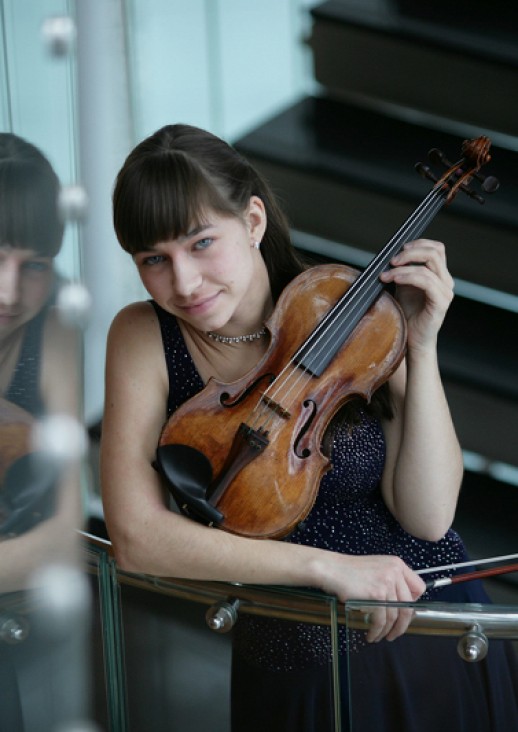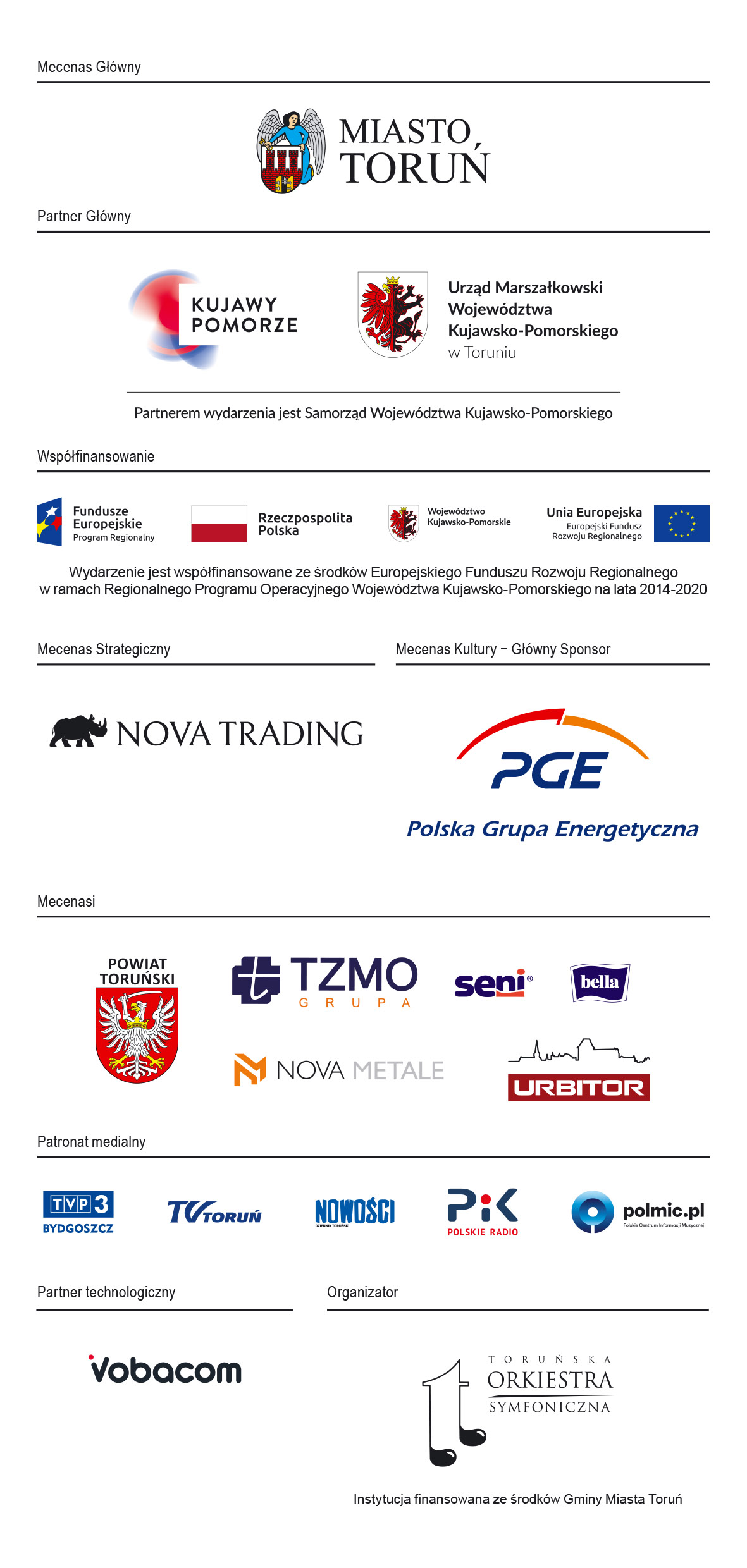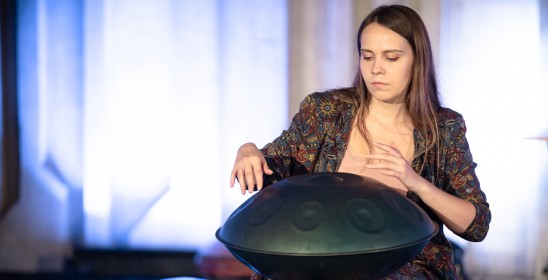Wieczór kameralny - Wieniawski / Szymanowski / Bacewicz
The concert will be held under The 26th International Festival "Nova Music and Architecture", Toruń/Kujawsko-Pomorskie 2022
Kujawy + Pomorze – promotion of the economic potential of the region – 2nd
Artists:
Aleksandra Kuls - violin
Marcin Koziak - piano
Aneta Derkowska - introduction
Programme:
H. Wieniawski - Polonise A-major Op. 21
H. Wieniawski - Chanson Polonaise G-minor Op. 12 No. 2
H. Wieniawski - Obertas in G-major Op. 19 No. 1
A. Zarzycki - Romance E-major Op. 16
K. Szymanowski - Mythes Op. 30
G. Bacewicz - Stained-Glass Window
G. Bacewicz - Sonate No. 4 for violin and piano
Zespół Aleksandra Kuls i Marcin Koziak jest laureatem III nagrody II Międzynarodowego Konkursu Muzyki Polskiej im. Stanisława Moniuszki realizowanego przez Narodowy Instytut Muzyki i Tańca we współpracy z Filharmonią Podkarpacką im. Artura Malawskiego, finansowanego przez Ministerstwo Kultury i Dziedzictwa Narodowego.
Wieniawski, Szymanowski, Bacewicz - these are important names on the map of Polish music of the nineteenth and twentieth centuries, also because they are important for the creation of a corpus of rich violin literature. Polonaise in A major, Op. 21 by Henryk Wieniawski (1835-1880) is a virtuoso work. The composer used effective means of violin technique. But as befits a late-creative work, expressiveness dominated its virtuosity. The concert program will also include other miniatures by Wieniawski: Polish Song in G minor Op. 12 No. 2 and Obertas Op. 19 No. 1.
In the youthful output of Grażyna Bacewicz (1909-1969) the most important role was played by instrumental pieces written in the style of then fashionable neoclassicism, based on a return to the musical past in terms of forms, styles and compositional techniques used. Bacewiczówna was also an excellent violinist, therefore she had an excellent sense for her instrument. Therefore, it is not surprising that other composers who were active at that time were delighted with her violin miniatures and other works intended for the instrument, beloved by Bacewicz. Witold Lutosławski recalled her first compositional concert at the Warsaw Conservatory in 1934 with the following words: "But I was particularly delighted at the time by the bizarre beauty of the miniature titled Witraż - Stained Glass, woven from colorful and delicate sounds like butterfly wings." The 4th Sonata for violin and piano, dedicated by Grażyna Bacewicz to her brother Kiejstut, is a deeply inspired and idiomatic work. There was no end to admiration for her, the reviewers wrote: "the composer has a high-level melodic invention with a varied style of expression (...), the Scherzo has reached the level of the best attempts of this kind, which have appeared in violin literature (...), the 4th Sonata is an extensive work in terms of structure, uncompromising use of dissonances, full of internal movement that proves the true, full vitality of the composer”.
Karol Szymanowski (1882-1937) was not a violinist like Wieniawski and Bacewicz, but he was able to listen to the instructions of Paweł Kochański, who revealed to him the secrets of the violin technique. In this way, i.a. a masterpiece - the famous Myths triptych Op. 30 was created, in which the composer was seduced by ancient themes and aura of sounds created by musical impressionism. Szymanowski said about this piece: "In Myths and the Concerto, I and Pawełek created a new style, a new expression of the violin, something completely epochal in this respect." Well modesty was not a strong suit of the author of Harnasie, but in this case the lack of modesty is fully justified. An interesting and demanding program of this evening will be completed by the Romance in E major, Op. 16 by Aleksander Zarzycki (1834-1895).
Aneta Derkowska Ph. D.










